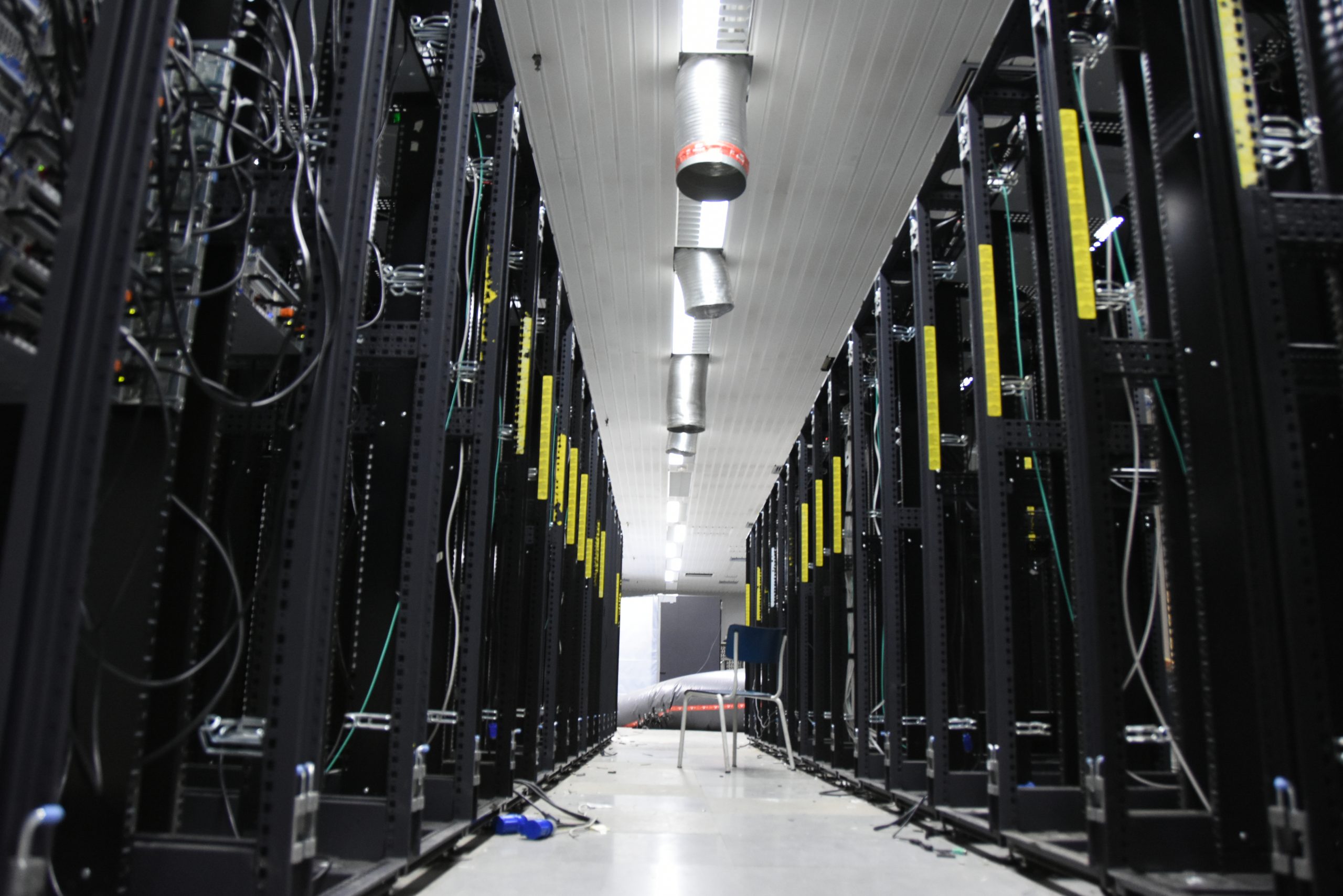The Balkan Investigative Reporting Network launched a new cross-border journalism platform on Wednesday, aiming to connect more than 1,000 journalists who took part in BIRN’s programmes as fellows, trainees and grantees, as well as other journalists reporting on South-East and Central Europe.
BIRD Community offers a unique secure online environment in which to exchange information, as well as a comprehensive database and a rich contacts directory of experts across the Western Balkans.
The idea was the result of more than 15 years of experience in connecting journalists across the Balkans and beyond to produce complex regional analyses and cross-border investigations, as well as BIRN’s experience in providing comprehensive training in investigative reporting.
The aim of BIRD Community is to make journalistic work much easier and take journalistic networking to the next level. By joining BIRD Community, journalists will get:
- A secure environment in which they can easily reach out to BIRN’s team members and other colleagues from our alumni network across South-East and Central Europe.
- Free access to BIRD Source, an easily searchable and comprehensive database with thousands of documents collected by BIRN over the years and exclusive data scraped from public registries and state institutions’ websites as well as information obtained through Freedom of Information requests. BIRD Source also offers journalists the opportunity to share their own documents and leaks, and has a tool that allows them to sketch a diagram online to summarise investigative findings with other journalists.
- Access to BIRD Directory, with around 1,400 names and contacts of experts from Albania, Bosnia and Herzegovina, Kosovo, Montenegro, North Macedonia and Serbia.
- Access to Forum in which journalists can easily communicate with other members, privately or publicly.
- The opportunity to send requests for help, information and advice from other journalists by posting them in the Bulletin Board section. The responses from other members can be made visible to all users or can be kept private.
- Updates on grants and training opportunities.
Members can create public or private topics in the Forum section – the former will be visible to all members, allowing any of them to join the discussion, while with the latter, the creator can choose which members will be able to participate.
The Bulletin Board section is a place to share opportunities with others, ask for help, swap contacts or find a journalist who specialises in a particular topic. In the Bulletin Board section, members can leave posts which can either be private or be seen by all other members.
Once members subscribe to the posts and topics they want to follow on the Forum and Bulletin Board, they will receive an email each time there is an updates.
BIRD Community is part of a broader platform that BIRN introduced last year, BIRN Investigative Resource Desk (BIRD) – an innovative interactive platform created for professional and citizen journalists who want to keep up-to-date with the fast-changing world of technology without sacrificing their ethics or the standards of professional journalism.













